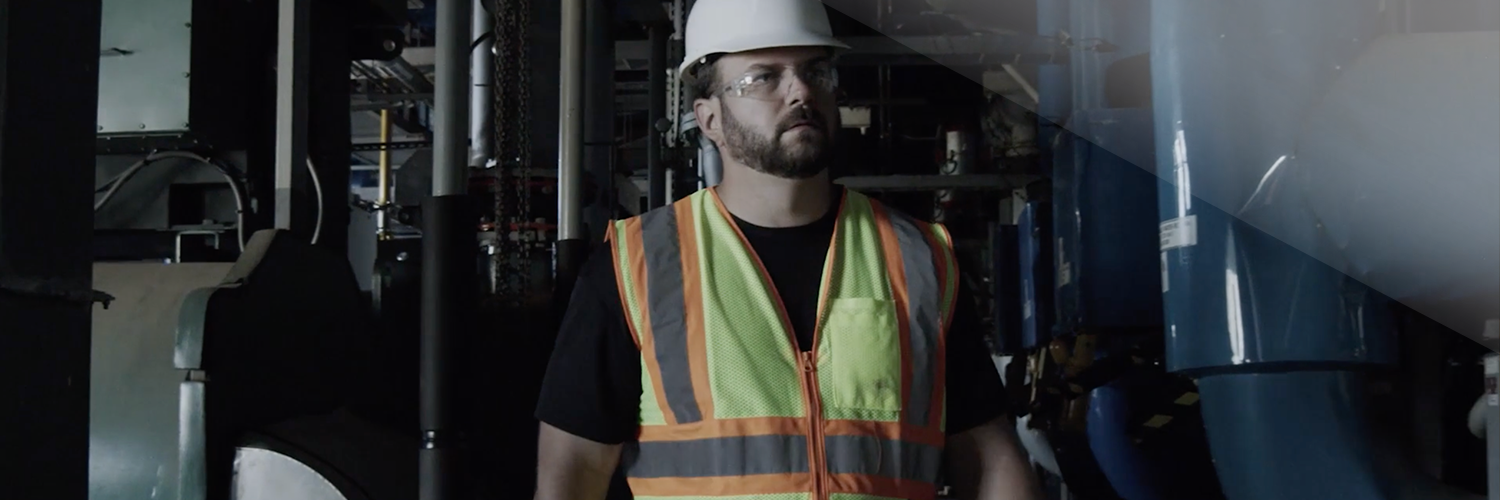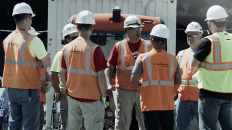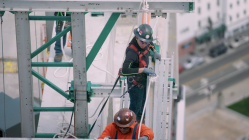While qualified electricians are above and willing to go beyond the call, some jobs require specific experience. That’s why the IBEW and ESFi know it’s important to stop and reassess a situation if there’s ever doubt about a job task.. If a new issue arises on the job, an additional safety planning and job briefing should occur before resuming work. The most important thing on the job is to be able to go home after a fair day’s work.
To stay safe on the job, it’s crucial to ask the following questions:
- Have I been properly trained to safely complete this job task? Have I worked on this task before?
- Do I have the right training and experience?
- Do I have the proper tools for this job?
- Is the hierarchy of risk controls being followed to ensure that preventive and protective risk controls are being implemented?
- Has a proper risk assessment been performed?
- Are all conductors and circuit parts in an electrically safe working condition?
- Are these parts properly guarded to reduce the likelihood of electrical contact or arcing faults? Are all applicable job planning procedures completed?
- Am I confident about completing this job without risk or putting others at risk?
The goal is for all workers to go home safely at the end of the shift, so electricians must know the limits of their qualifications. It’s okay to speak up and pass a job task to a more qualified worker if you’re unsure about having to require an expertise completed safely.
Know when to say when. It can save your life and the lives of those working with you. Safety is smart. Prevention is power.
(575 views)
















